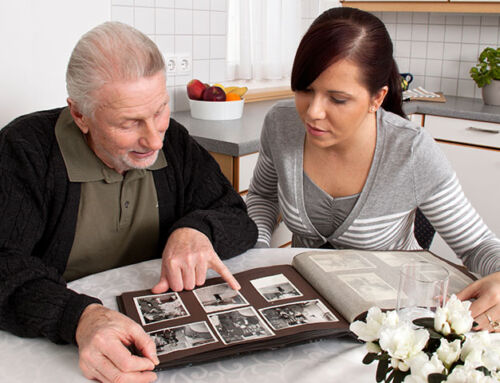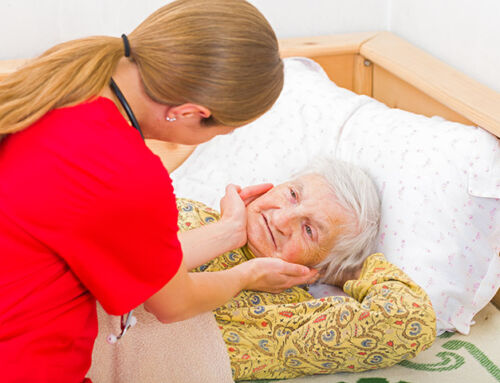As a carer you can provide reassurance and physical support for a loved one who is nearing the end of their life. You know their wishes and concerns, and can assist the health professionals to make things as comfortable as possible during this stage.
Carers of people who are nearing the end of their life often experience fears of inadequateness and vulnerability. It may be the first time they have been close to a terminally ill person, and they most likely will never have been present when someone has died.
Being informed and prepared for what may happen can make it a little easier to accept the situation. It is not possible to accurately predict the exact time of death, and this unknown element can cause anxiety and difficulties for individuals and families.
As impossible as it may seem, taking care of yourself during your loved one’s final stages is critically important. It is very important to take time to stay healthy and look after your own wellbeing.
- It is important to have healthy, regular meals to maintain your energy levels and reduce stress, and is important for your long-term health.
- Plan to ensure you have adequate rest and sleep to avoid tiredness and exhaustion.
- Regular exercise will make you feel more energetic and also give you a break.
- Even though the many demands of caring may make it difficult to manage, it is beneficial to continue with activities you enjoy as much as possible
- Plan ahead to make special time just for yourself, even if it’s as little as 15 minutes. Just to listen to music, read a book, relax or practise a simple meditation technique
- Ensure that lifting of the person is done in the correct manner. Ask for advice from the visiting health professionals on the safest way to lift. Also ask about aids to assist with lifting and transferring the person
- Speak with a grief counselling service
- It can also be helpful to consult your doctor about your caring role.
Taking a Break from Caregiving
Providing 24 hour care can be challenging and emotionally draining, and as your loved one moves closer to the final stages of life, the emotional and physical stress can increase. It’s very important to take a break from your caring responsibilities for a few hours or even a few days. Constantly caring without taking a break can be harmful to your health.
There are services for carers that can provide additional assistance such as respite care, counselling and home maintenance. Short term and emergency respite services are available, from simply having a substitute carer in the home for a few hours, to your loved one having a brief inpatient stay in a hospice/palliative care facility (See our related articles here.)
If you need respite, Support for Carers may be able to organise either short-term or emergency respite services.
If you require the services of a ‘Respite Care Service’, Home Care Provider or Grief Counsellor, please use our Business Directory Search facility.



